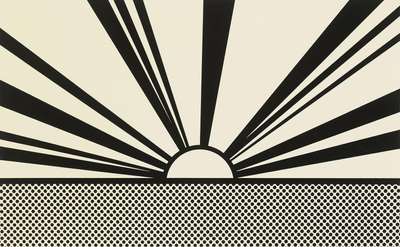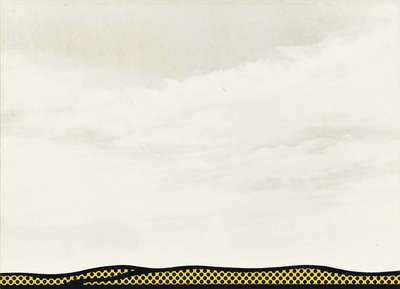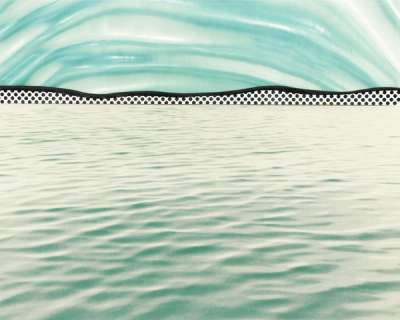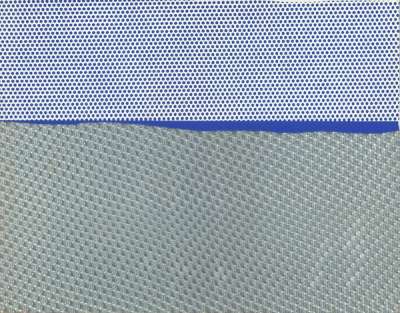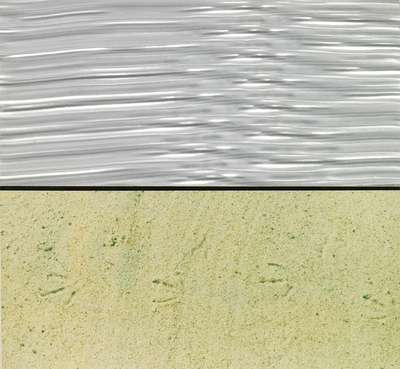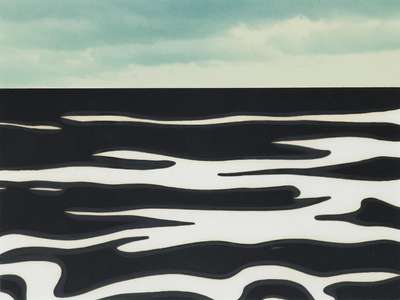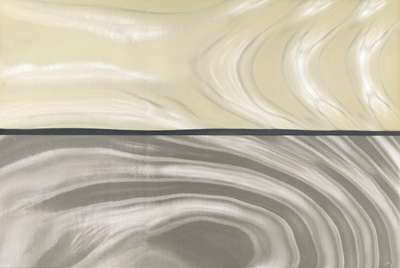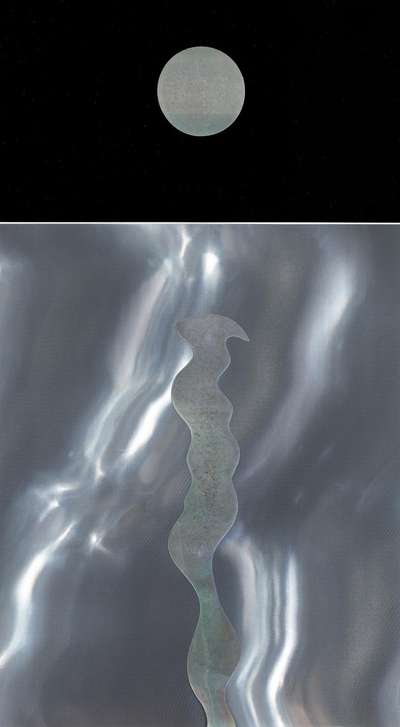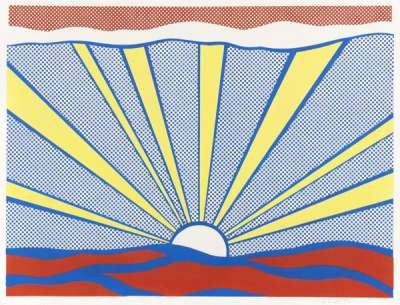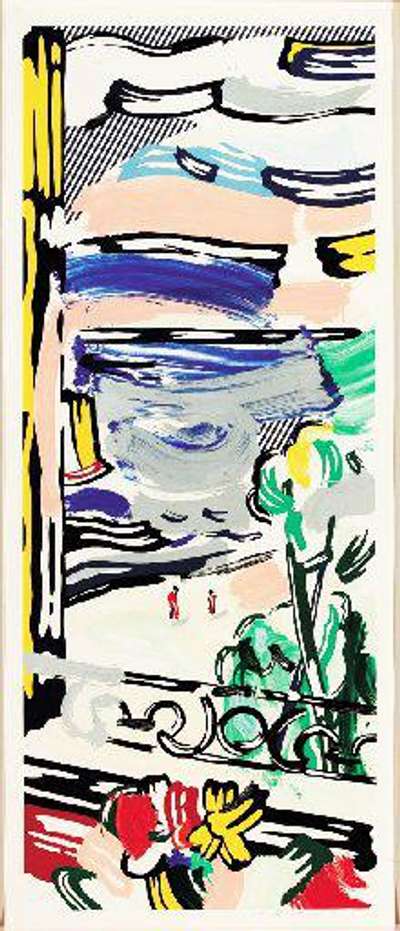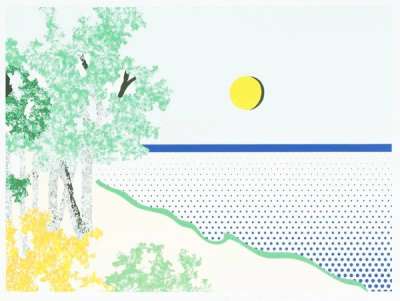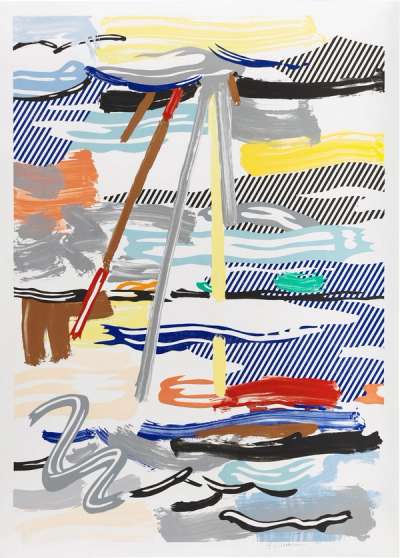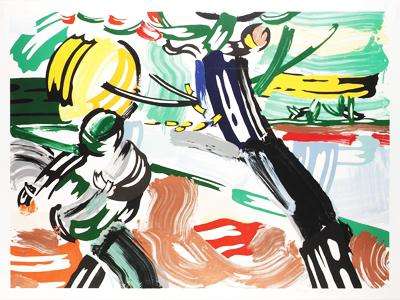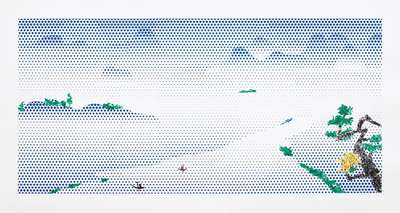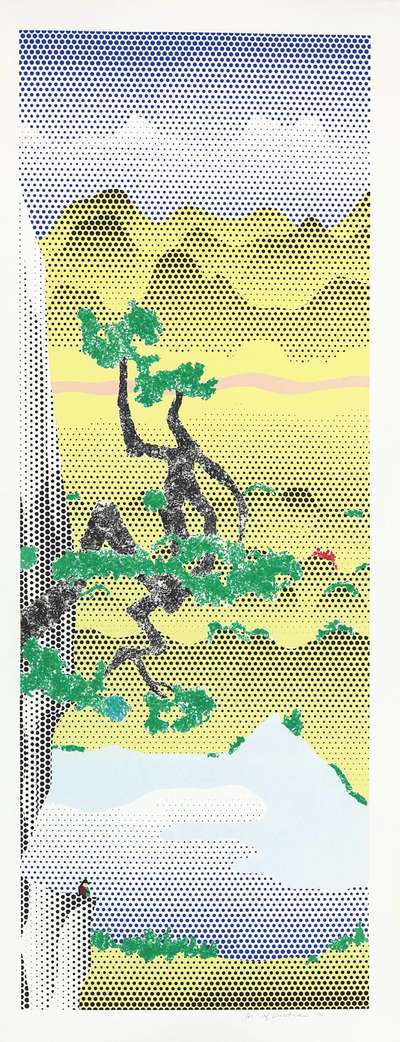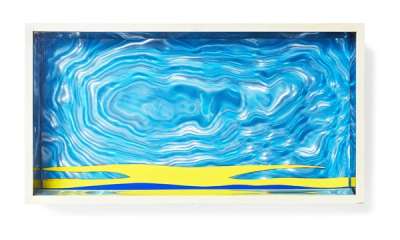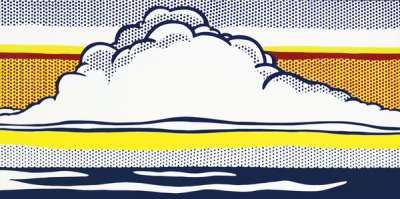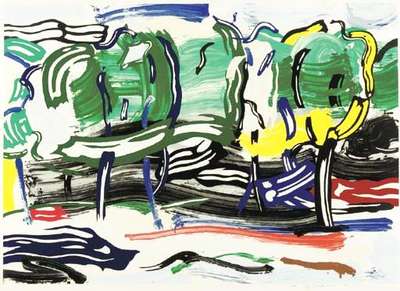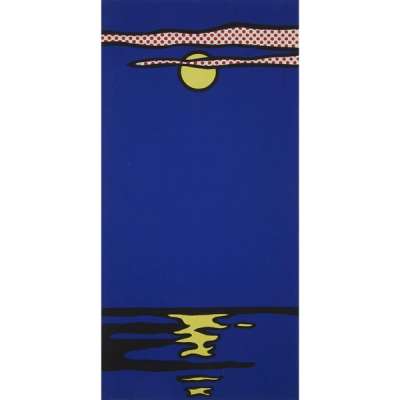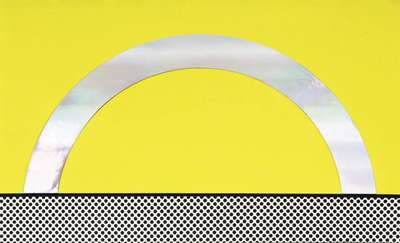
Landscape 5

Landscape 5
Signed Print
Roy Lichtenstein
£8,500-£12,500Value Indicator
$18,000-$26,000 Value Indicator
$16,000-$23,000 Value Indicator
¥80,000-¥120,000 Value Indicator
€10,000-€15,000 Value Indicator
$90,000-$130,000 Value Indicator
¥1,640,000-¥2,420,000 Value Indicator
$11,000-$16,000 Value Indicator
AAGR (5 years) This estimate blends recent public auction records with our own private sale data and network demand.
There aren't enough data points on this work for a comprehensive result. Please speak to a specialist by making an enquiry.
Medium: Screenprint
Edition size: 100
Year: 1967
Size: H 36cm x W 45cm
Signed: Yes
Format: Signed Print
TradingFloor
Track this artwork in realtime
Watch artwork, manage valuations, track your portfolio and return against your collection
Track auction value trend
Auction Results
| Auction Date | Auction House | Location | Hammer Price | Return to Seller | Buyer Paid |
|---|---|---|---|---|---|
| September 2020 | Phillips London | United Kingdom | |||
| September 2019 | Christie's London | United Kingdom | |||
| December 2018 | Karl & Faber | Germany | |||
| October 2018 | Christie's New York | United States | |||
| September 2016 | Christie's New York | United States | |||
| June 2016 | Sotheby's Paris | France | |||
| December 2009 | Lempertz, Cologne | Germany |
Meaning & Analysis
In the mid-1960s, Roy Lichtenstein moved away from his renowned comic book motifs. Instead, the artist began exploring the conventions of landscape painting. He worked on his vast Landscapes, Moonscapes and Seascapes for over three decades. As part of this extensive project, Lichtenstein completed several autonomous portfolios.
Ten Landscapes of 1967 constitute a masterful transformation of landscape imagery. The ten-part suite presents a collection of fictitious nature scenes, condensed into purely associative forms. Despite their simple layout, however, the prints in this grouping have a potent visual impact. They conjure unrealistic terrains and wastelands, similar to the absurdist dreamscapes of Lichtenstein’s Surrealist series.
In this portfolio, one finds brilliant superimpositions of colours and shapes. Landscape 5, for instance, depicts a pink and white swirling sky set against pale turquoise coloured water. Plastic Rowlux sheets are applied in this print to mimic the shimmer of natural light. The synthetic fabric produces prismatic spatial interplays across the work’s surface, invoking a sense of movement. The reflections are interrupted in the middle by a distant mountain chain composed of black and yellow dots.
Lichtenstein’s quest to create optical illusions using experimental materials continued throughout his career. For instance, he pursued comparable plays on perception in his intricate Mirrors and later Water Lilies.
Roy Lichtenstein, born in New York, 1923, is a seminal figure in the Pop Art movement, renowned for his comic book and advertisement-inspired artworks. His transformative journey from classical painter to Pop Art pioneer began with his iconic piece, Look Mickey, marking the fusion of painting with pop culture. Lichtenstein’s works, including Whaam!, Drowning Girl, and Crying Girl, blend parody and satire, challenging the boundaries between popular culture and ‘high art’. With over 5,000 pieces to his name, Lichtenstein’s enduring influence resonates in contemporary art, his works celebrated in prestigious institutions worldwide.
